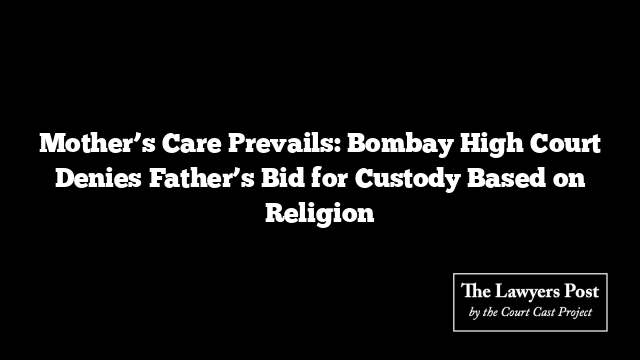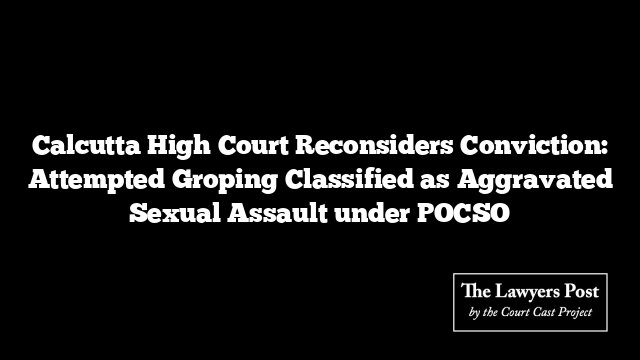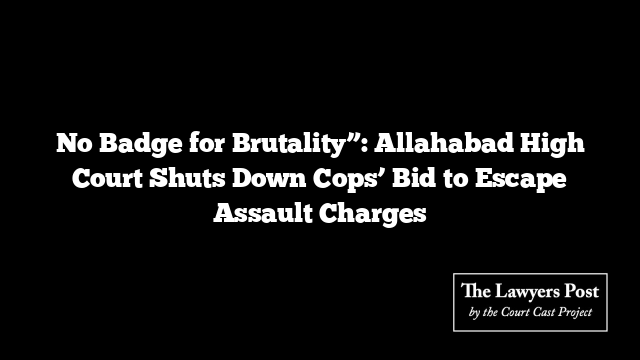In a case that touched upon religion, parental rights, and a child’s welfare, the Bombay High Court made it clear this week: faith alone won’t decide who a child belongs with.
A Bench led by Justices Sarang Kotwal and SM Modak shot down a Muslim father’s habeas corpus plea seeking custody of his three-year-old daughter, who now lives with her mother in Delhi. The father leaned heavily on Islamic law, arguing that as a natural guardian, custody was his by right. The Court disagreed.
“The religion of a party,” the judges wrote, “is but one thread in the complex fabric of considerations before us. It is not the final word.” They ruled that a child’s well-being—above all else—must guide custody decisions. And for a three-year-old girl, they said, staying with her mother was clearly in her best interest.
The father, a Mumbai resident, claimed his estranged wife—an American fashion stylist and social media influencer—had secretly taken their daughter away. He portrayed her globe-trotting career as proof of an unstable life unfit for raising a child. But the Court wasn’t persuaded.
Concerns about the mother’s so-called “erratic lifestyle” were dismissed as disputed facts, not grounds for tearing a child away from her primary caregiver. Stability, the judges suggested, is found in more than an address—it’s found in love, attention, and emotional security.
The Court also pointed out that the father wasn’t without legal options. Proceedings under the Guardians and Wards Act were already underway in Delhi, where a local court had ordered him not to forcibly take the child from her mother’s custody. Rather than override those efforts, the High Court extended the interim protection barring the child’s removal from India for another 60 days—giving the father time to press his case through the proper legal channels.
In short: religion alone won’t tip the scales. In custody battles, the child’s welfare reigns supreme.





